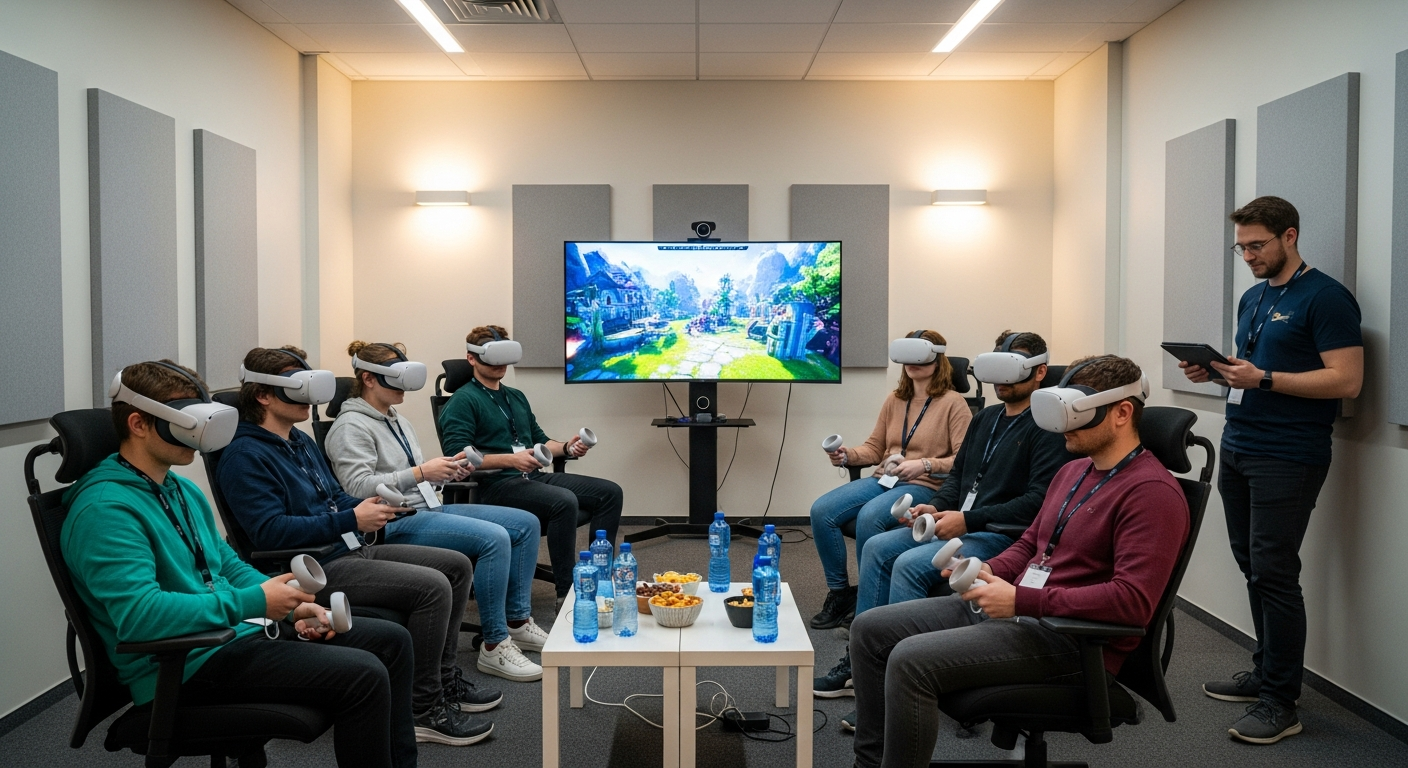The Silent Revolution: Introverts Reshaping Society
Shyness is out, and introversion is in. A quiet but profound shift is transforming how we understand personality types and their impact on society. Once seen as a drawback, introversion is now being recognized as a powerful asset in various spheres of life. Read below to explore how introverts are quietly revolutionizing our social landscape.

The Rise of Introvert Awareness
The concept of introversion isn’t new, but its understanding has evolved dramatically. Carl Jung first popularized the terms introvert and extrovert in the 1920s, but it wasn’t until recent years that introversion began to shed its negative connotations. Books like Susan Cain’s Quiet: The Power of Introverts in a World That Can’t Stop Talking sparked a global conversation about the value of introverted traits.
This increased awareness has led to a reevaluation of social and professional structures that have long favored extroverted behaviors. Companies are redesigning office spaces to accommodate both collaborative and solitary work. Educational institutions are recognizing the needs of introverted students, moving away from group-centric approaches to more balanced learning environments.
Introversion in the Digital Age
The digital revolution has been a game-changer for introverts. Online platforms have created spaces where introverts can express themselves comfortably, often becoming influential voices in their fields. Social media, while often associated with constant connectivity, has paradoxically provided introverts with controlled ways to engage socially without the drain of in-person interactions.
Remote work, accelerated by recent global events, has further leveled the playing field. Introverts are thriving in environments where they can manage their energy more effectively, leading to increased productivity and job satisfaction. This shift is challenging traditional notions of workplace dynamics and leadership styles.
The Introvert Advantage in Leadership
Contrary to long-held beliefs, introversion is increasingly seen as an asset in leadership. Introverted leaders are often praised for their listening skills, thoughtful decision-making, and ability to empower team members. Companies are recognizing that the reflective nature of introverts can lead to more innovative solutions and stable long-term strategies.
Research has shown that introverted leaders can be particularly effective in managing proactive teams. Their tendency to listen and consider before acting creates an environment where team members feel heard and valued, fostering creativity and loyalty.
Redefining Social Norms
The introvert movement is challenging deeply ingrained social norms. The idea that being outgoing and socially active is the only path to happiness and success is being dismantled. There’s a growing acceptance of different social preferences, with concepts like quiet parties and silent retreats gaining popularity.
This shift is also influencing how we view relationships and social connections. The quality of interactions is being valued over quantity, leading to a reevaluation of what constitutes a fulfilling social life. This change is particularly significant for younger generations who are growing up with a more nuanced understanding of personality types.
The Economic Impact of Introvert-Friendly Policies
As businesses and institutions adapt to accommodate introverted traits, there’s a notable economic impact. Companies that create environments conducive to both introverted and extroverted working styles are seeing improvements in employee satisfaction, retention, and overall productivity.
The rise of introvert-friendly products and services is also creating new market opportunities. From noise-canceling headphones to apps designed for mindful socializing, there’s a growing industry catering to the needs and preferences of introverts.
Challenges and Future Directions
While significant progress has been made, challenges remain. Misconceptions about introversion persist, and many social and professional settings still favor extroverted behaviors. The key lies in continued education and the creation of balanced environments that value diverse personality types.
Looking ahead, the integration of introverted perspectives in various aspects of society promises to bring about more inclusive and effective social structures. From education to workplace design, the silent revolution of introversion is set to leave a lasting impact on how we live, work, and interact.
As society continues to recognize and harness the strengths of introverts, we’re moving towards a more balanced and inclusive world. This shift isn’t about replacing extroversion with introversion, but about creating a harmonious blend of both. The quiet power of introverts is reshaping our world, one thoughtful step at a time.






